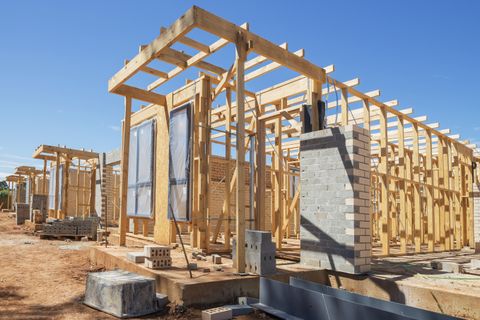The REIV is the trusted voice of Victoria’s real estate profession. We work closely with government, regulators, industry stakeholders, and the media to shape fair and practical policy outcomes that support members, protect consumers, and strengthen the property sector.
Through active engagement, evidence-based submissions, and public advocacy, the REIV ensures the interests of our industry are heard at every level of decision-making.








